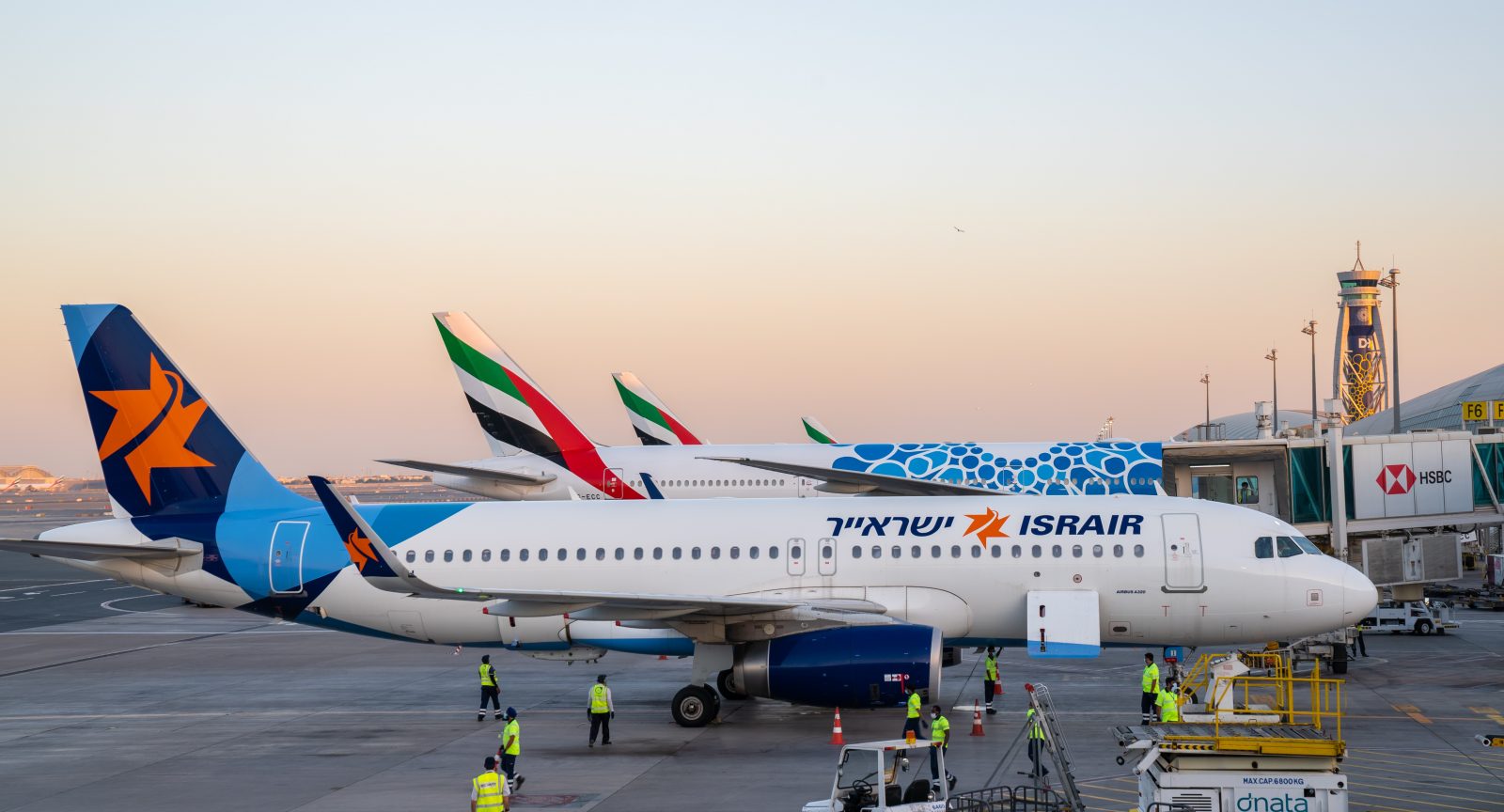
Israel has been forced to apologise after the country’s health minister apparently blamed Dubai for a deadly spike in COVID-19 cases at home. The diplomatic spat comes just months after Israel and the United Arab Emirates (UAE) normalized relations for the first time in the history of both countries and as intense scrutiny falls on the epidemic situation in the UAE.
Earlier this week, the head of Israel’s public health department, Sharon Alroy-Preis is reported to have commented: “in two weeks of peace [with the UAE] more people died than in 70 years of war.”

Her remarks were believed to have alluded to a surge in COVID-19 infections across Israel just weeks after direct flights with the UAE were launched. The travel corridor launched during a lull in travel restrictions and as many as 15,000 Israeli’s were expected to visit Dubai in December 2020.
Dubai has been slapped with travel bans from both Denmark and the United Kingdom in the last few days following concerns about the reliability of pre-departure tests carried out in the country, as well as fears that the South African COVID-19 variant is circulating throughout the emirate.
The UK issued its travel ban late on Thursday, giving Brits currently in the country less than 24-hours notice before direct flights are indefinitely banned. Passengers will need to connect through a third country to get back to the UK and will then have to self-isolate for 10-days.
Such is the concern about the epidemic situation in the UAE that British authorities will soon force arrivals from the country into mandatory hotel quarantine. No such quarantine hotels have yet been set up, however.
Denmark’s travel ban was initially meant to last just five days but has been extended to February 2 at the earliest following “suspected irregularities” with pre-departure COVID-19 tests. On Thursday night, the UAE described COVID-19 testing as the “cornerstone of our fight against the pandemic.”
“In light of new variants in other parts of the world, the UAE has intensified efforts to mitigate these risks,” a statement from the UAE’s Ministry of Foreign Affairs continued.
In early December, a minor spat erupted between the UAE and Israel when Emirati immigration officials suddenly suspended visas on arrival for Israeli passport holders. The decision came just hours after Israeli health authorities had suggested that travel between the two countries should be restricted because of rising levels of infection in the UAE.
Israel recently suspended all flights from Tel Aviv’s Ben Gurion airport to prevent importation of new COVID-19 cases, a measure that Alroy-Preis believes will have to be extended for several weeks at least.
The Prime Minister’s office in Israel dismissed the comments made by Alroy-Preis that linked Dubai with the spike in cases in Israel saying it had no basis in truth. A local news channel said her comments had been made as a joke.
Mateusz Maszczynski honed his skills as an international flight attendant at the most prominent airline in the Middle East and has been flying ever since... most recently for a well known European airline. Matt is passionate about the aviation industry and has become an expert in passenger experience and human-centric stories. Always keeping an ear close to the ground, Matt's industry insights, analysis and news coverage is frequently relied upon by some of the biggest names in journalism.








The London-UAE route in January was the international route with the most seat capacity flown. c. 190,000 seats or so. The runner-up was Cairo-Jeddah at c. 154,000 seats.
The UAE has been the crossroads of a lot of international travel during recent weeks and has been rather open to visitors partying in recent months. So of course the UAE would pose a kind of challenge during this pandemic.
The Israeli PM is just trying to kiss up to his bigoted anti-Iranian fellow travelers in the UAE establishment. The50k-70k Israeli visitors to the UAE that took place in the last weeks of the fall of 2020 (until Israel put the kibosh to that last month) were a source of virus cases and spread after they came back. By some estimates, 4000 Israeli cases may be traced back to the UAE by no more than 1 degree of separation.